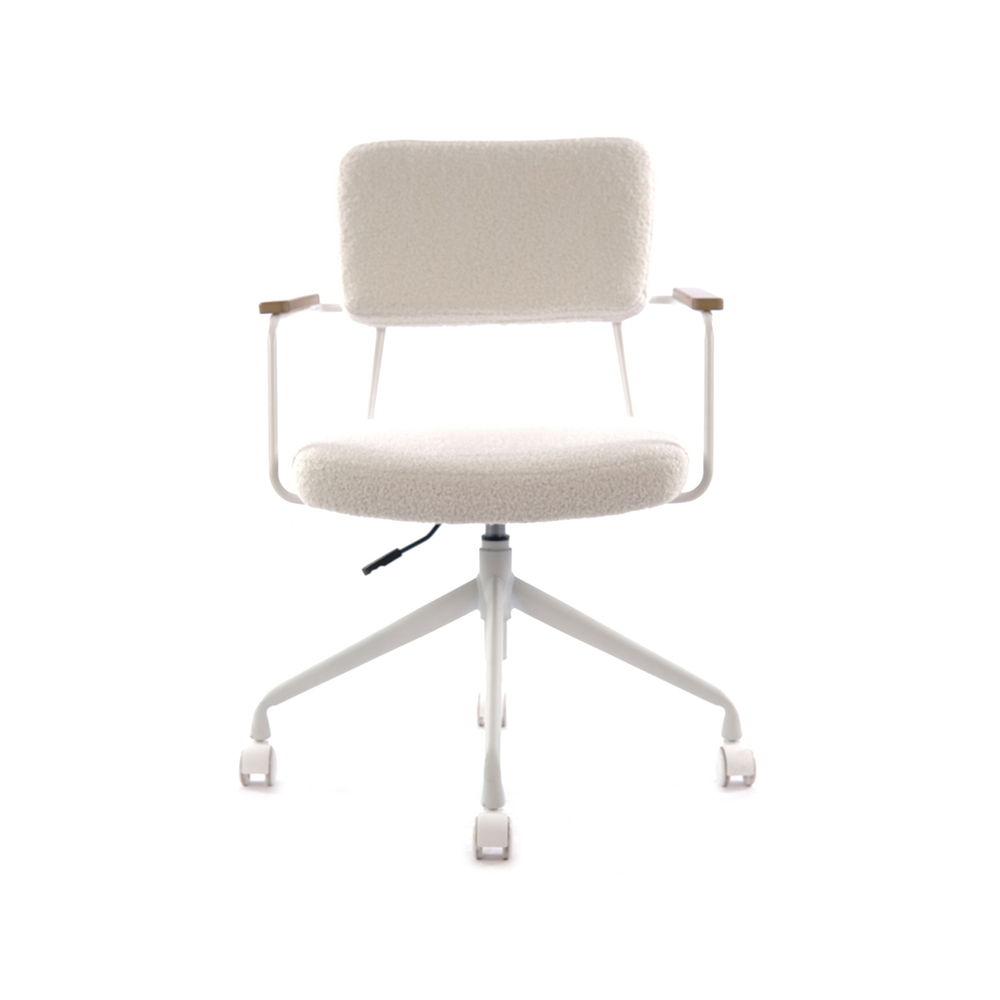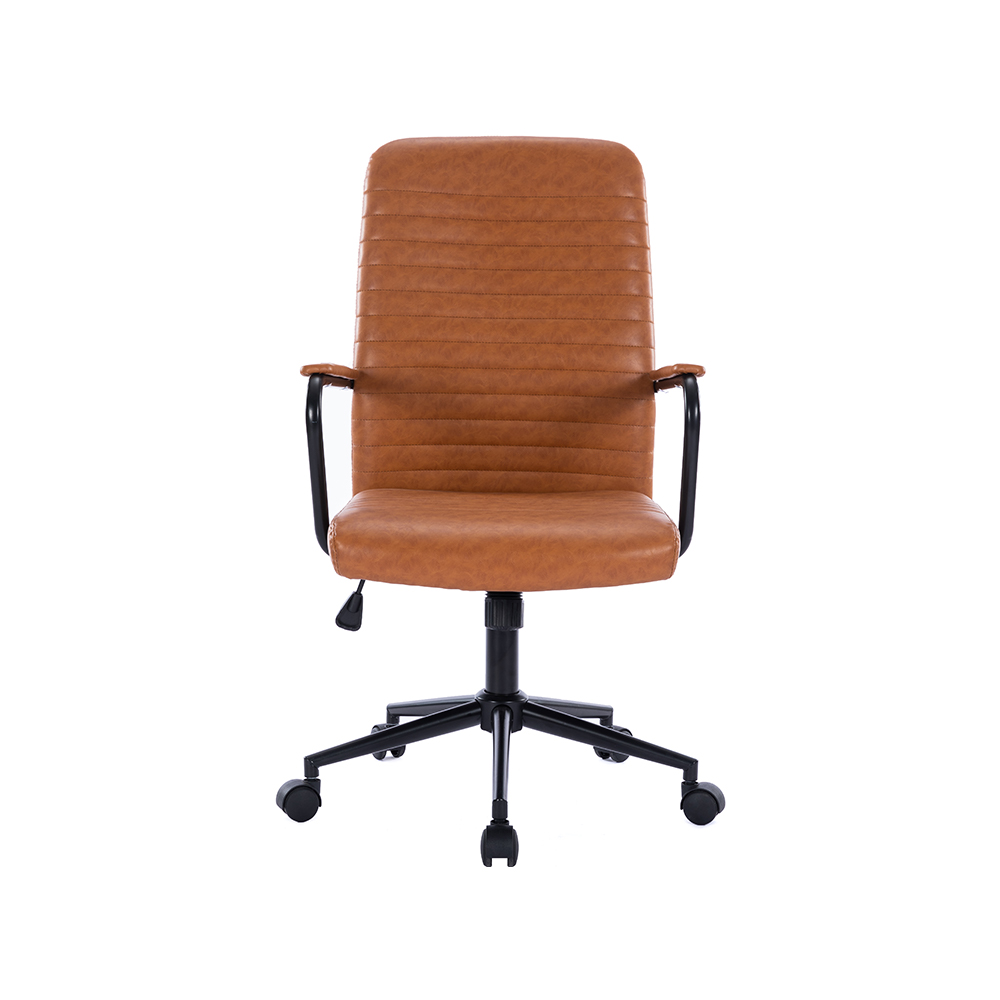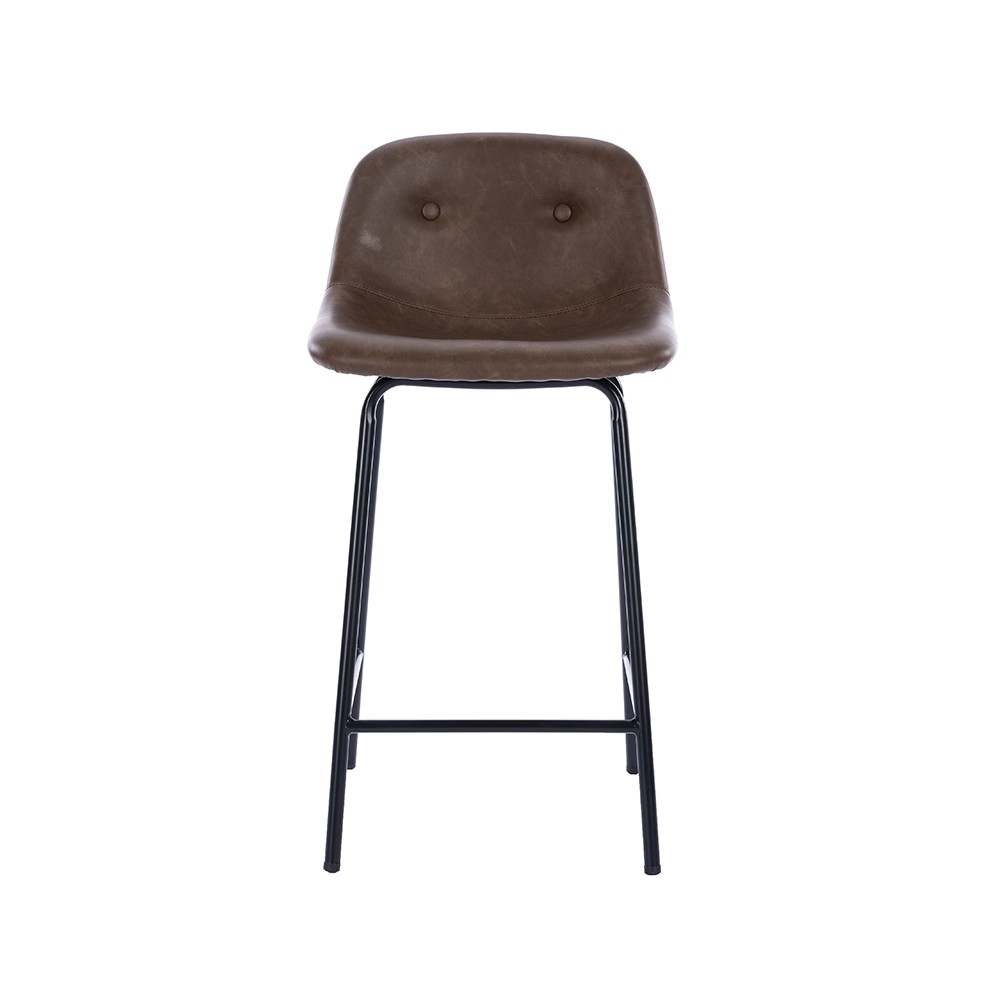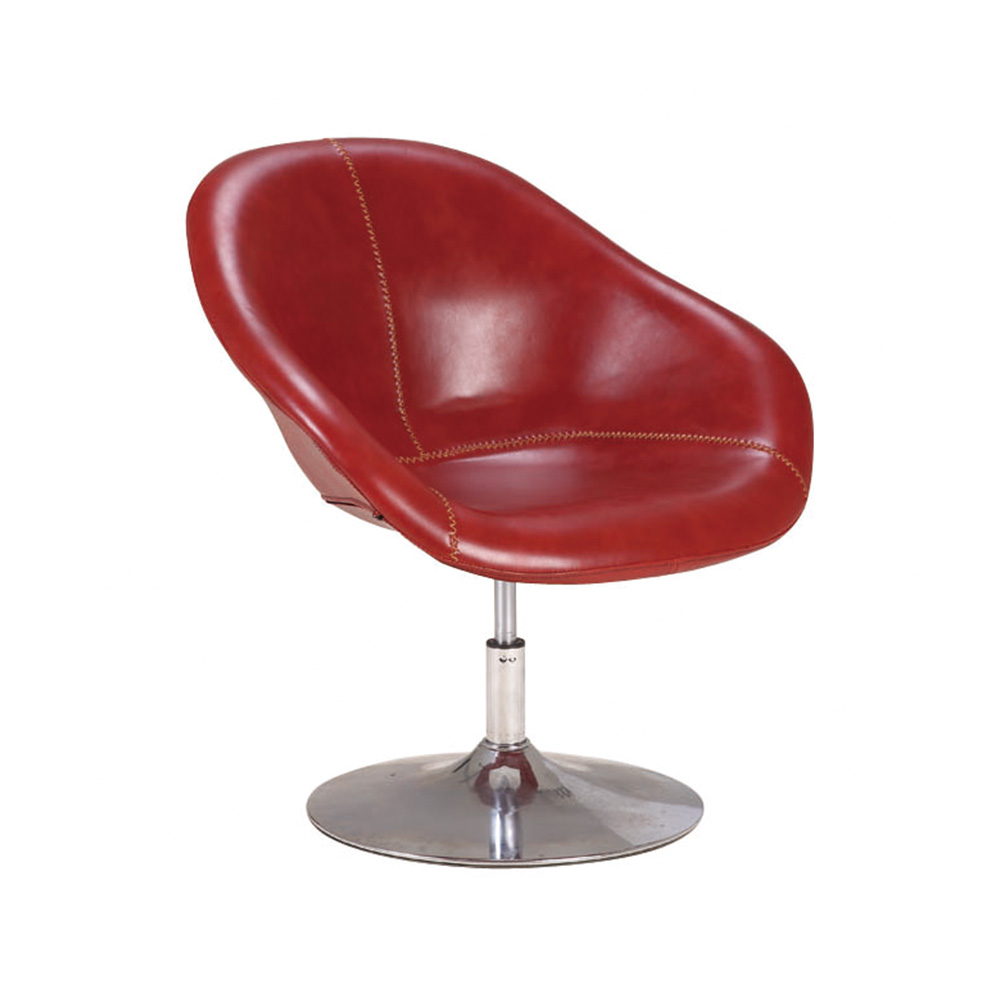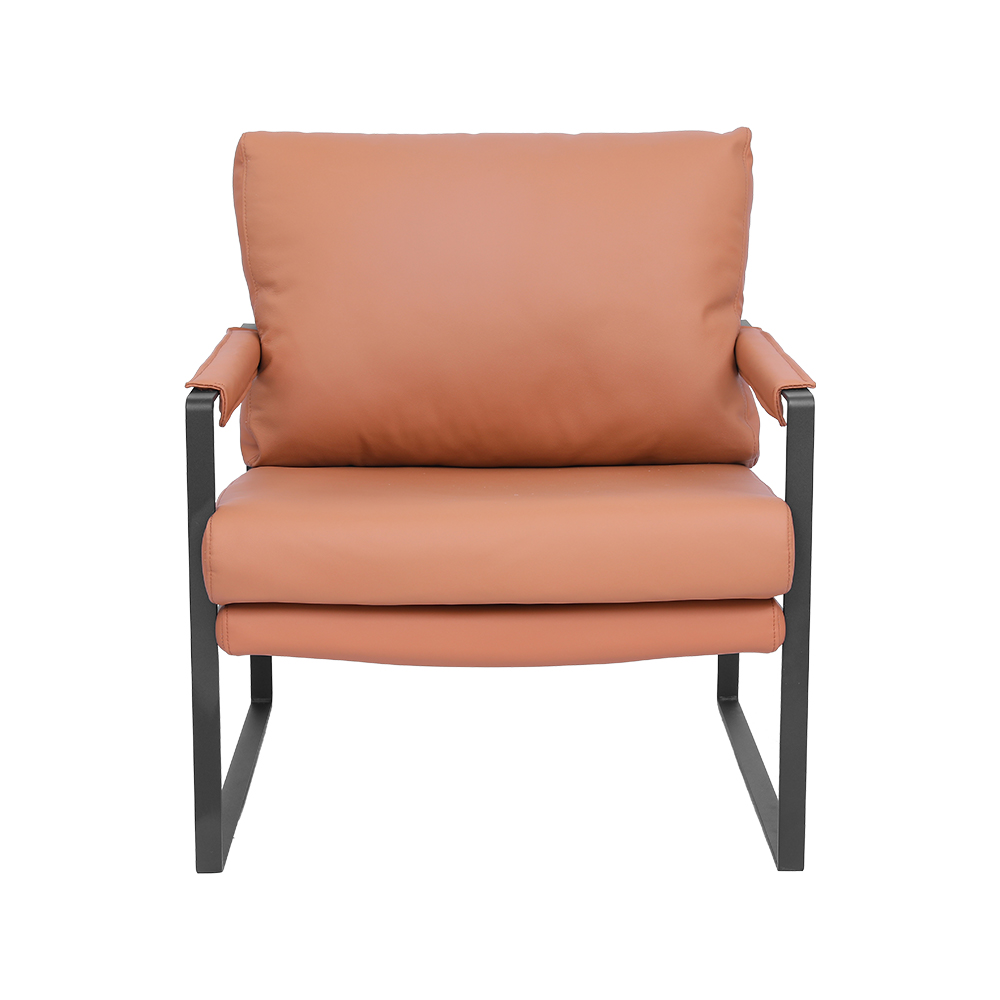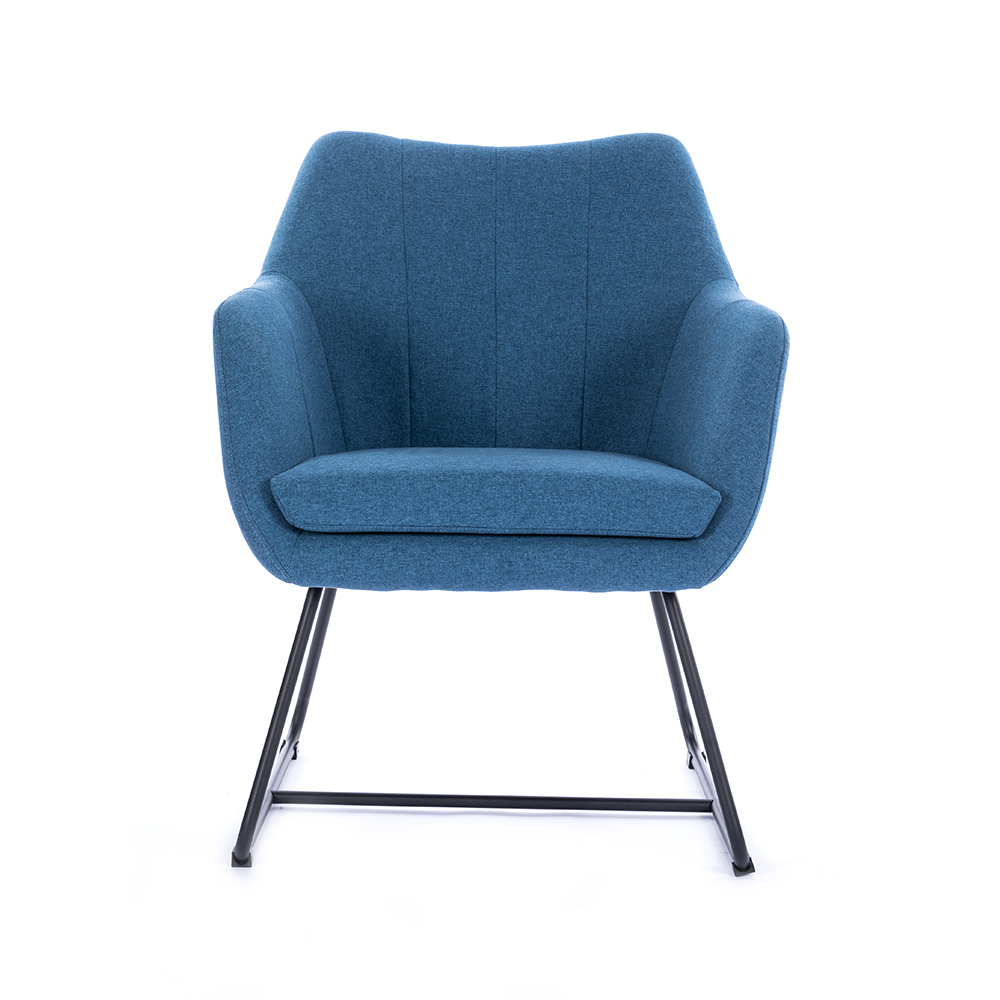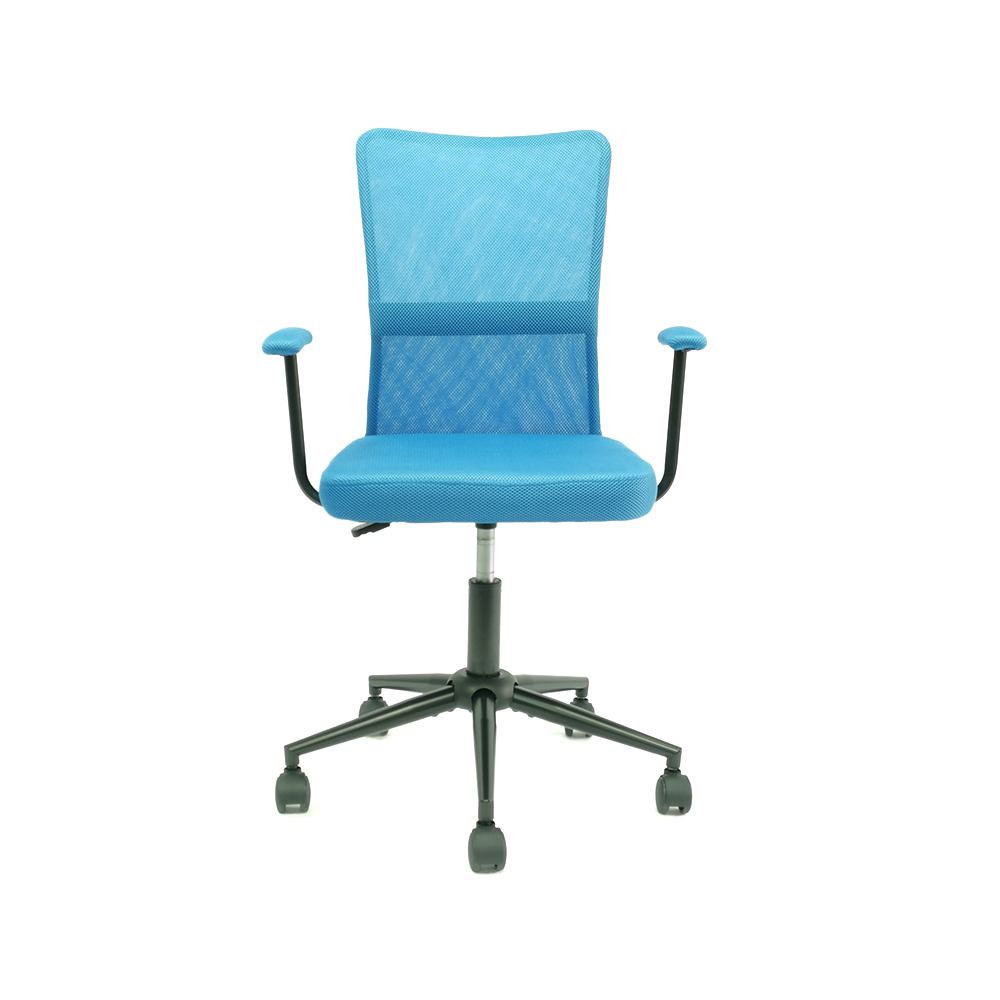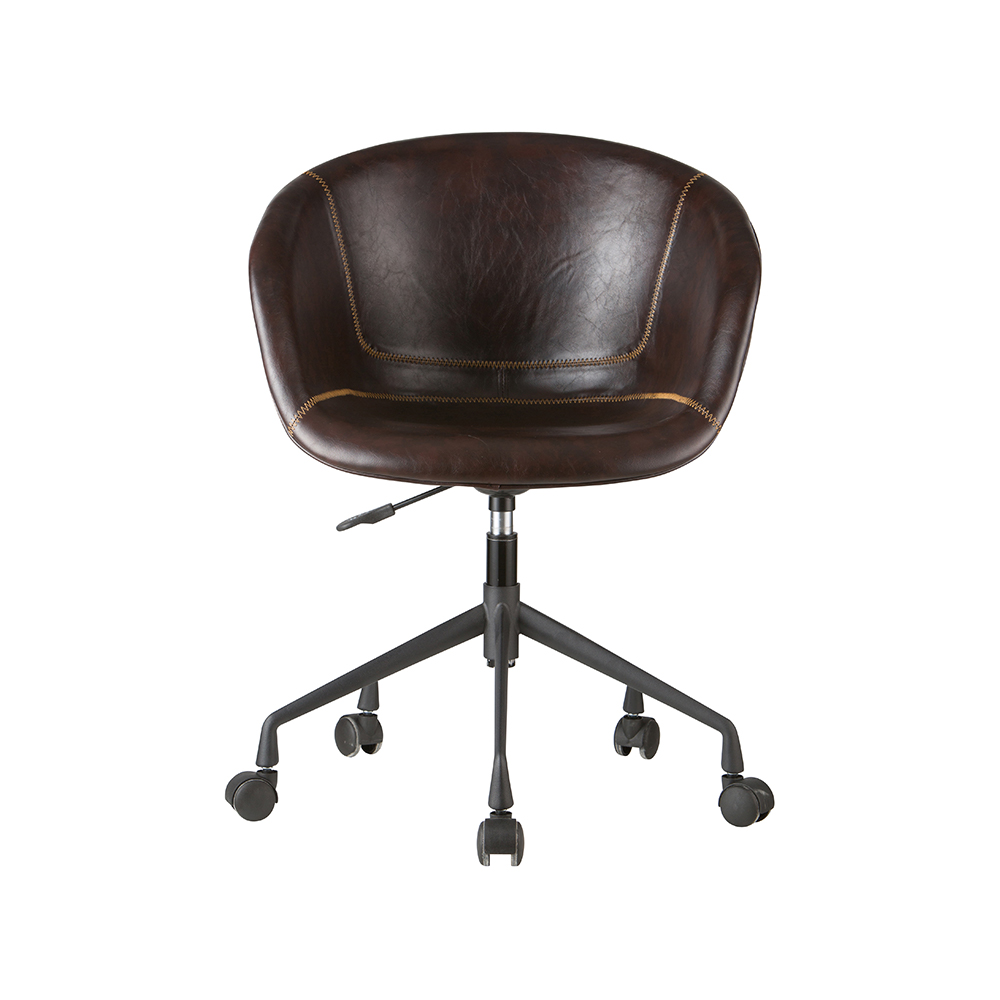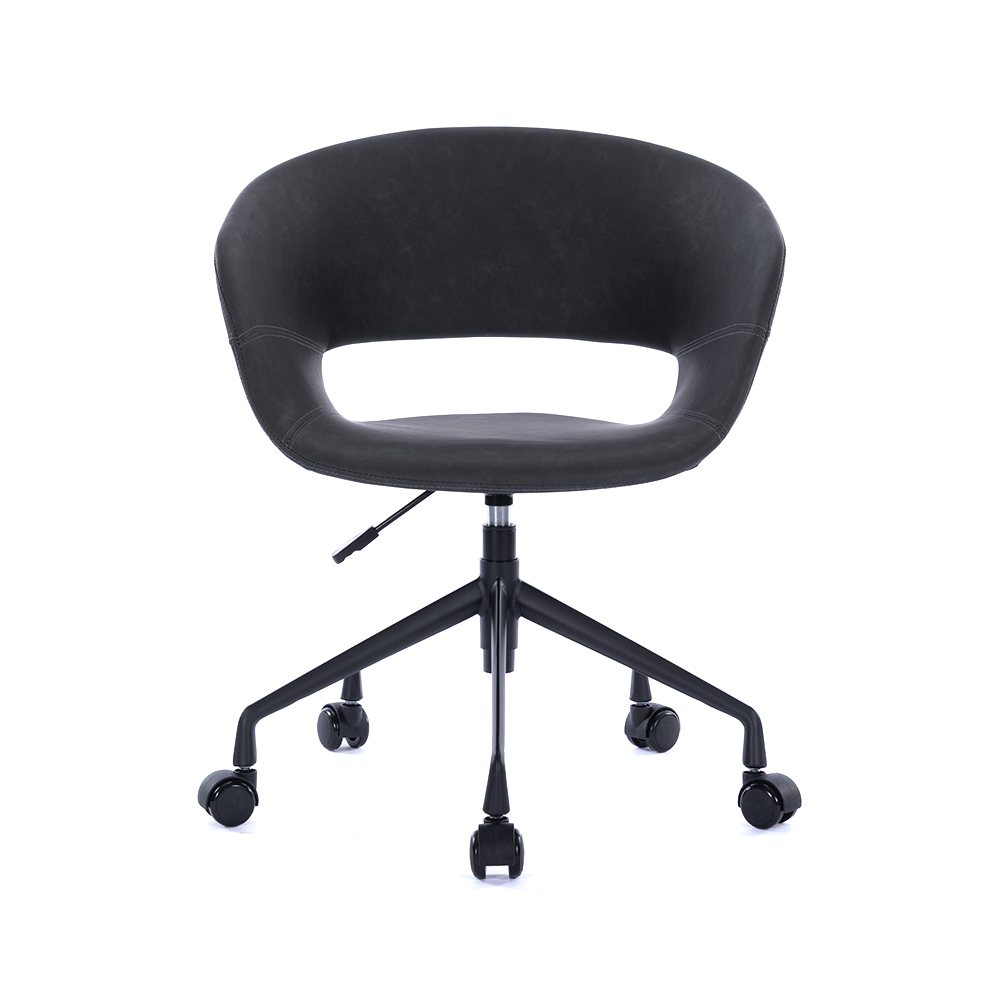+86-0572-5888031
The Ultimate Guide to Ergonomic Chairs: Benefits, Features, and How to Choose
 2025.08.08
2025.08.08
 Industry News
Industry News
In today’s world, where many people spend hours sitting at a desk, having an ergonomic chair is essential for maintaining good posture, reducing back pain, and improving productivity. Unlike traditional office chairs, ergonomic chairs are designed to support the natural curvature of the spine and promote healthy sitting habits.
This guide will explore the benefits of ergonomic chairs, key features to look for, and how to choose the best one for your needs—without focusing on specific brands.
Why an Ergonomic Chair Matters
Sitting for long periods can lead to musculoskeletal problems, including back pain, neck strain, and poor circulation. An ergonomic chair helps mitigate these issues by providing proper support and adjustability. Here are some key benefits:
1. Reduces Back and Neck Pain
A well-designed ergonomic chair supports the lumbar spine, preventing slouching and reducing pressure on the lower back. Adjustable headrests also help maintain neck alignment.
2. Improves Posture
Ergonomic chairs encourage a neutral sitting position, keeping the spine aligned and reducing strain on muscles and joints.
3. Enhances Comfort for Long Hours
With features like padded seats, breathable materials, and adjustable armrests, ergonomic chairs minimize discomfort during extended sitting sessions.
4. Boosts Productivity
When you’re comfortable and free from pain, you can focus better on work, leading to increased efficiency.
Key Features of a Good Ergonomic Chair
Not all ergonomic chairs are created equal. Here are the most important features to consider:
1. Adjustable Seat Height
Your feet should rest flat on the floor, with knees at a 90-degree angle. Look for chairs with a pneumatic adjustment lever.
2. Lumbar Support
Proper lower back support is crucial. Some chairs offer adjustable lumbar pads to fit different spine shapes.
3. Seat Depth and Width
The seat should be deep enough to support your thighs without pressing against the back of your knees. A width of at least 17–20 inches accommodates most users.
4. Armrests
Adjustable armrests help keep shoulders relaxed and elbows at a 90-degree angle.
5. Backrest Recline
A reclining backrest (preferably with a locking mechanism) allows you to shift positions and reduce spinal pressure.
6. Swivel and Casters
A 360-degree swivel and smooth-rolling wheels make it easy to move around your workspace.
7. Breathable Material
Mesh backrests promote airflow, keeping you cool during long sitting sessions.
Here’s a quick comparison of essential ergonomic chair features:
| Feature | Why It Matters |
| Adjustable seat height | Ensures proper leg alignment |
| Lumbar support | Reduces lower back strain |
| Adjustable armrests | Prevents shoulder tension |
| Seat depth adjustment | Avoids pressure behind knees |
| Reclining backrest | Allows dynamic sitting |
| Breathable material | Keeps you cool and comfortable |
How to Choose the Right Ergonomic Chair
Selecting the best ergonomic chair depends on your body type, workspace, and sitting habits. Follow these steps:
1. Measure Your Workspace
Ensure the chair fits under your desk and allows free movement. Check the maximum height and width.
2. Test Adjustability
If possible, try sitting in the chair to check:
- Seat height adjustment range
- Lumbar support firmness
- Armrest height and width
3. Consider Your Sitting Habits
- For long work hours: Prioritize cushioning and breathability.
- For active sitting: Look for a chair with a rocking or tilting mechanism.
- For petite or tall users: Check seat depth and height range.
4. Look for Durability
A high-quality ergonomic chair should last years. Check the weight capacity and materials (e.g., metal base vs. plastic).
Common Mistakes When Buying an Ergonomic Chair
Avoid these pitfalls to make the best choice:
Ignoring adjustability – A chair that doesn’t fit your body will cause more harm than good.
Choosing style over function – Aesthetic chairs may lack proper support.
Skipping the trial – If possible, test the chair before purchasing.
Overlooking warranty – A good ergonomic chair should come with at least a 5-year warranty.
Maintaining Your Ergonomic Chair
To extend its lifespan and ensure optimal support:
Clean regularly – Wipe down surfaces and vacuum mesh fabrics.
Check screws and bolts – Tighten any loose parts periodically.
Replace worn-out casters – If wheels become noisy or stiff, replace them.
Adjust as needed – Revisit settings if your posture or comfort changes.
Final Thoughts
Investing in an ergonomic chair is an investment in your health and productivity. By focusing on adjustability, support, and durability, you can find a chair that fits your needs without overspending.
Remember, the best ergonomic chair is one that keeps you comfortable, supports your posture, and adapts to your body—not just the most expensive or stylish option.
Would you like recommendations based on specific needs (e.g., budget, back pain, home office)? Let me know how I can help further!

 English
English عربى
عربى Español
Español 中文简体
中文简体
